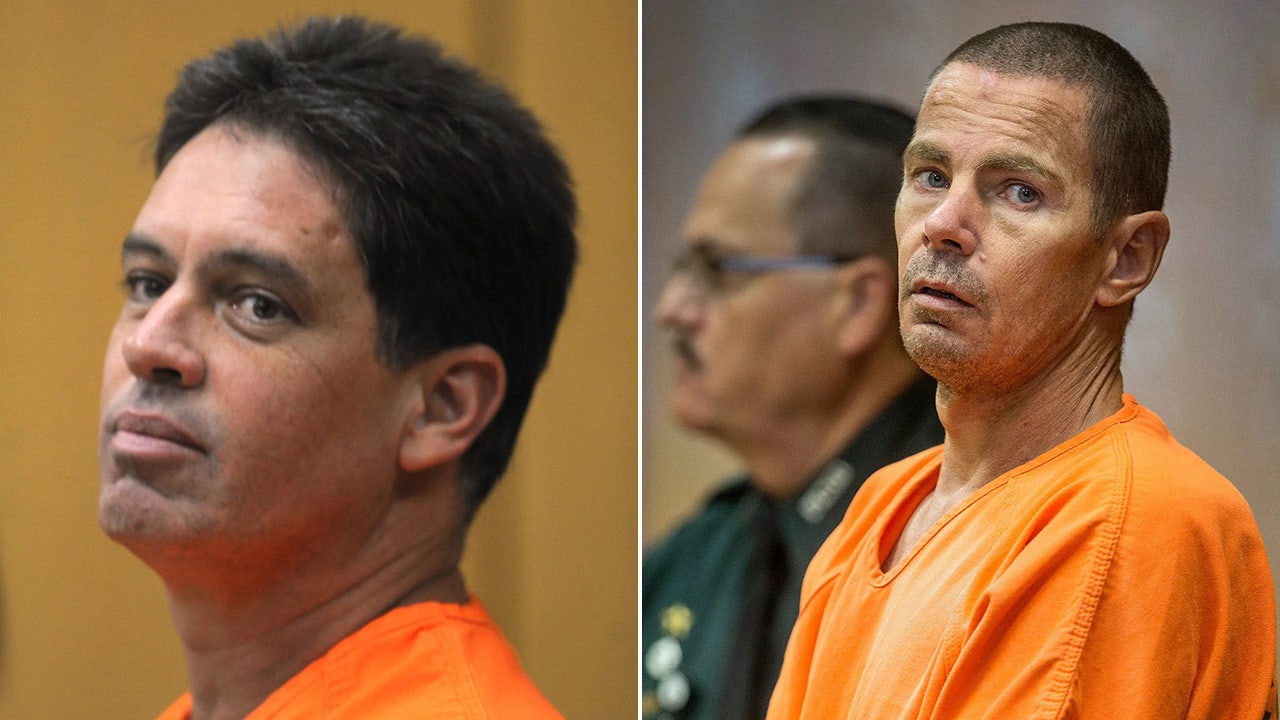Leo Schofield spent 36 years behind bars for a crime he insisted he didn’t commit. Despite the challenges, he found it within himself to forgive Jeremy Scott, who confessed to the murder of Schofield’s wife. This act of forgiveness is a testament to the strength of human spirit and faith.
In January 2025, Schofield and his daughter Ashley suffered a severe motorcycle accident. Schofield, released on parole in April 2024, was unwavering in his claim of innocence. He received unexpected support from Gilbert King, a Pulitzer Prize-winning writer investigating his case.
Jeremy Scott, serving time for another crime, contacted King, confessing to the murder of Michelle Schofield. King was shocked when Scott reached out to him during an unexpected moment. Scott’s confession was sincere, marking a turning point in the long-standing case.
Scott has grappled with guilt, haunted by memories of his actions. His testimony in 2017 was pivotal, as he admitted to the murder of Michelle Schofield. His statement was a crucial moment for both Schofield and the pursuit of justice.
The unexpected phone call led to a profound conversation between Schofield and Scott. Their exchange can be heard in episode six of the second season of the “Bone Valley” podcast. Schofield, drawing from faith and deep reflection, offered forgiveness to Scott.
“I forgive you with all my heart,” Schofield told Scott, expressing gratitude for his honesty. This gesture was significant for Schofield, his family, and those who supported him. It marked a new chapter in a painful journey.
Schofield’s forgiveness elevated Scott in the eyes of many. His willingness to own up to his actions was a brave step toward redemption. For Schofield, it was a crucial moment of healing and closure.
The podcast “Bone Valley” played a critical role in Schofield’s release. It highlighted the inconsistencies in the case and brought attention to Scott’s confession. The series was instrumental in shedding light on the truth.
Scott, taken aback by Schofield’s forgiveness, responded with remorse. “I just hated that this happened, bro,” he said, acknowledging the gravity of his past actions. Schofield encouraged him to continue doing the right thing.
The dialogue between the two men was a moment of catharsis. Schofield’s faith had guided him through years of anger and bitterness. He found strength in letting go and embracing forgiveness.
During his incarceration, Schofield became a pastor, finding solace in spirituality. His prayers extended to Scott, hoping he would find love and support. Schofield’s journey is a testament to the power of faith and forgiveness.
In 1987, Michelle Schofield vanished, leading to a frantic search. Her disappearance marked the start of a tragic and complex saga. Friends and family were desperate to find her.
Michelle’s body was discovered in a canal, a victim of a brutal crime. Despite the lack of physical evidence, Schofield was charged with her murder. It wasn’t until later that the true killer’s fingerprints surfaced.
Schofield’s search for his wife was relentless. He worked tirelessly with authorities, hoping for her safe return. Initially, he wasn’t seen as a suspect, but that soon changed.
Testimonies from neighbors painted a complex picture of Schofield’s relationship with Michelle. Reports of arguments added tension to an already tragic narrative. The case against Schofield began to build despite the lack of concrete evidence.



